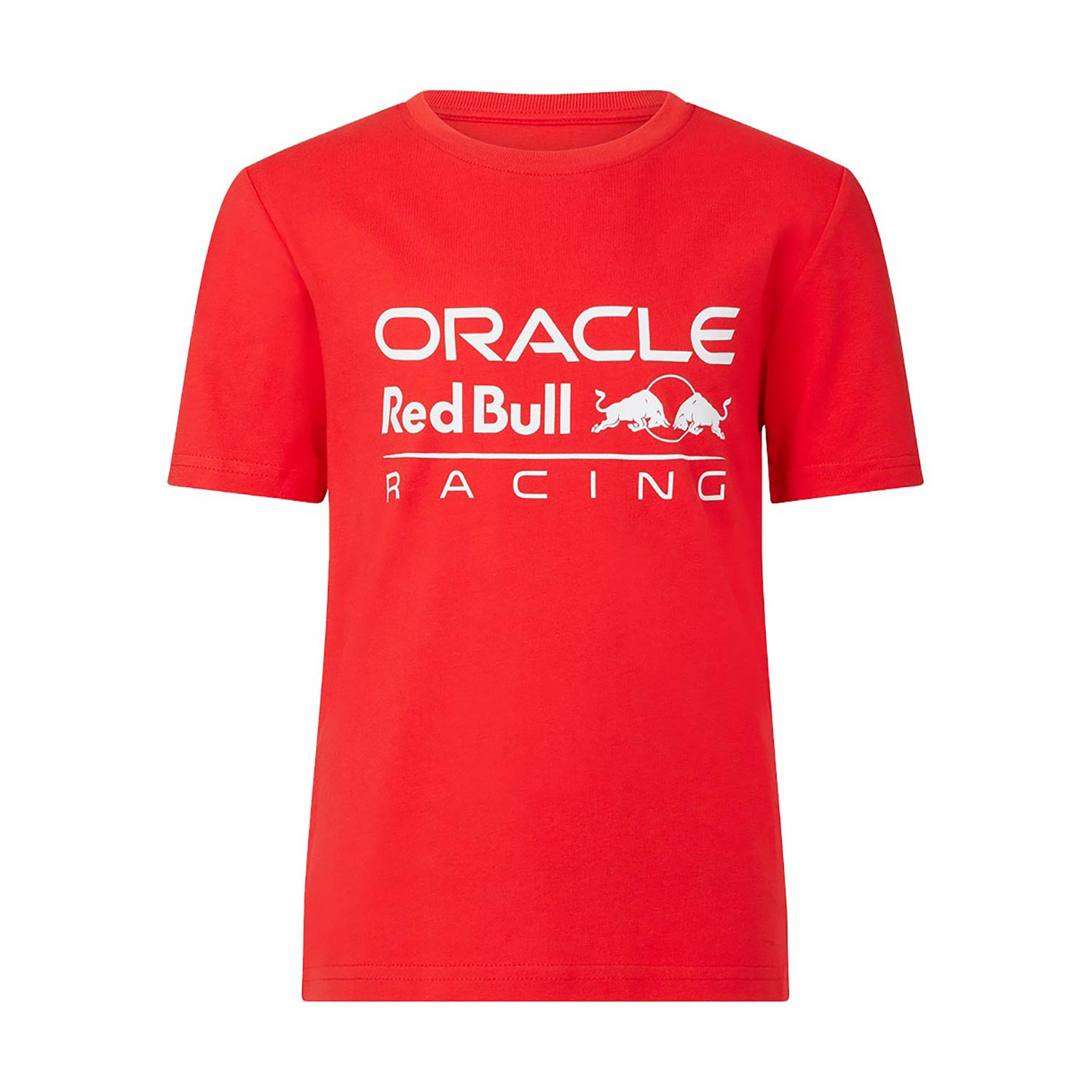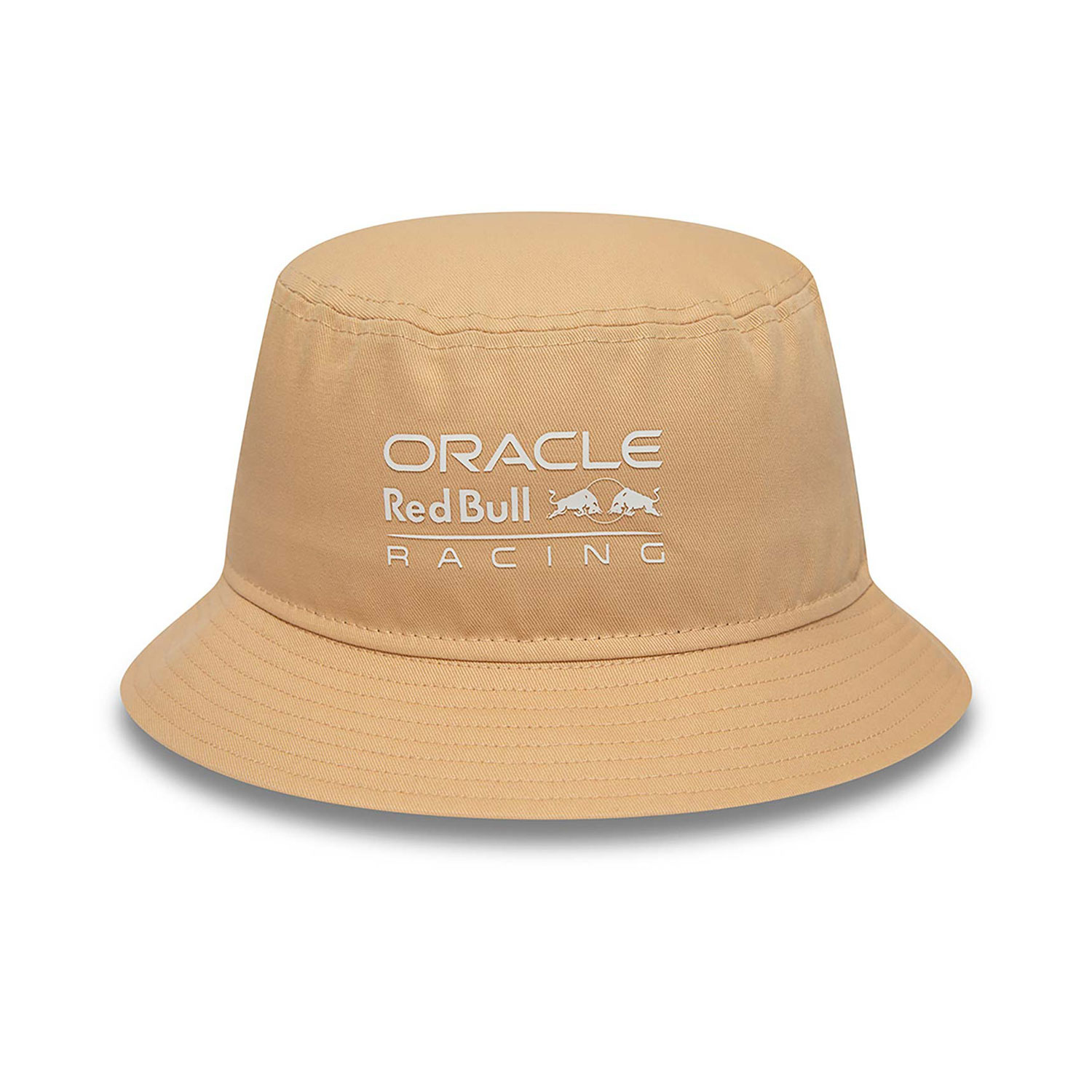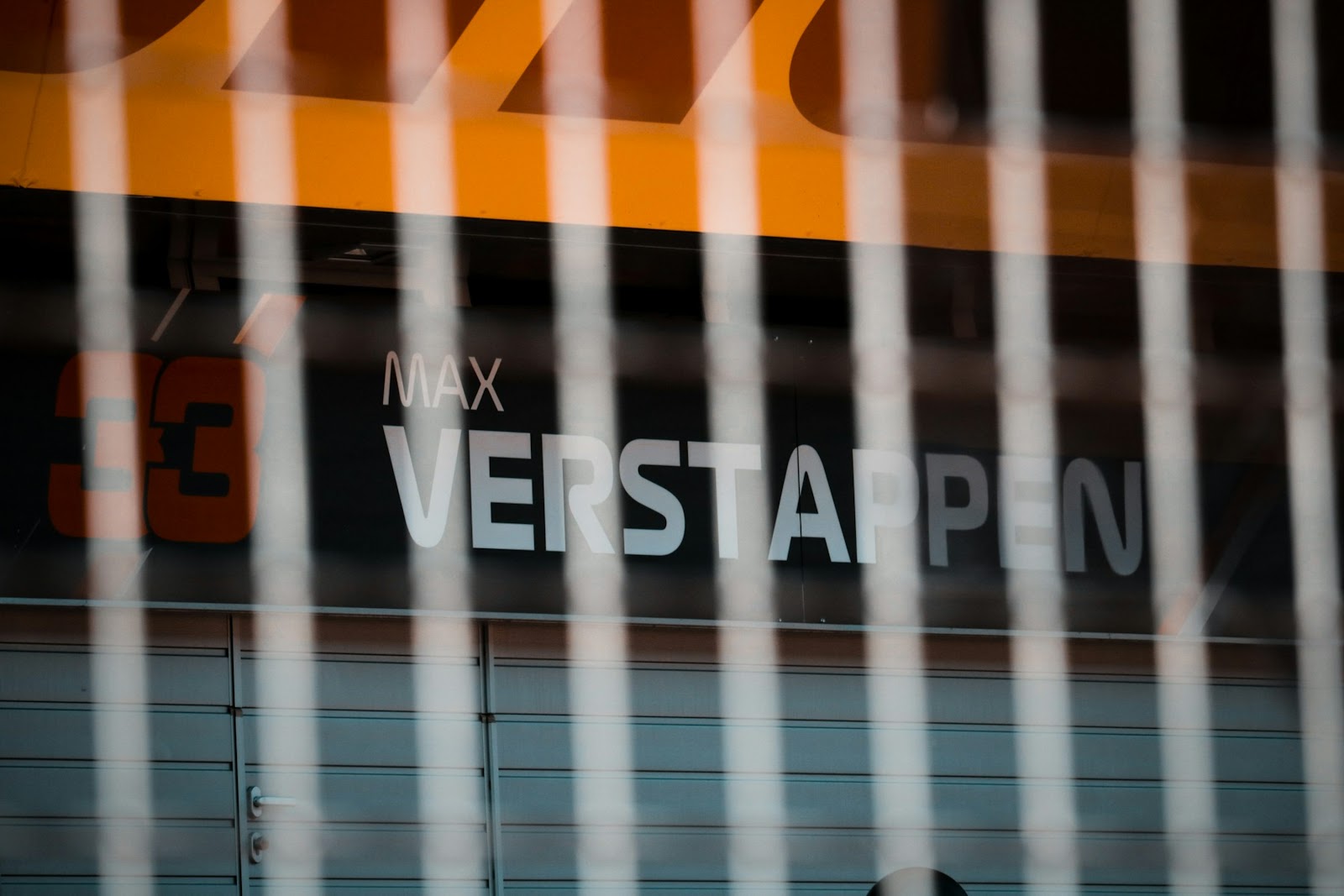When Did Max Verstappen Join Formula 1? The Complete Story of the Youngest Driver's Historic F1 Debut
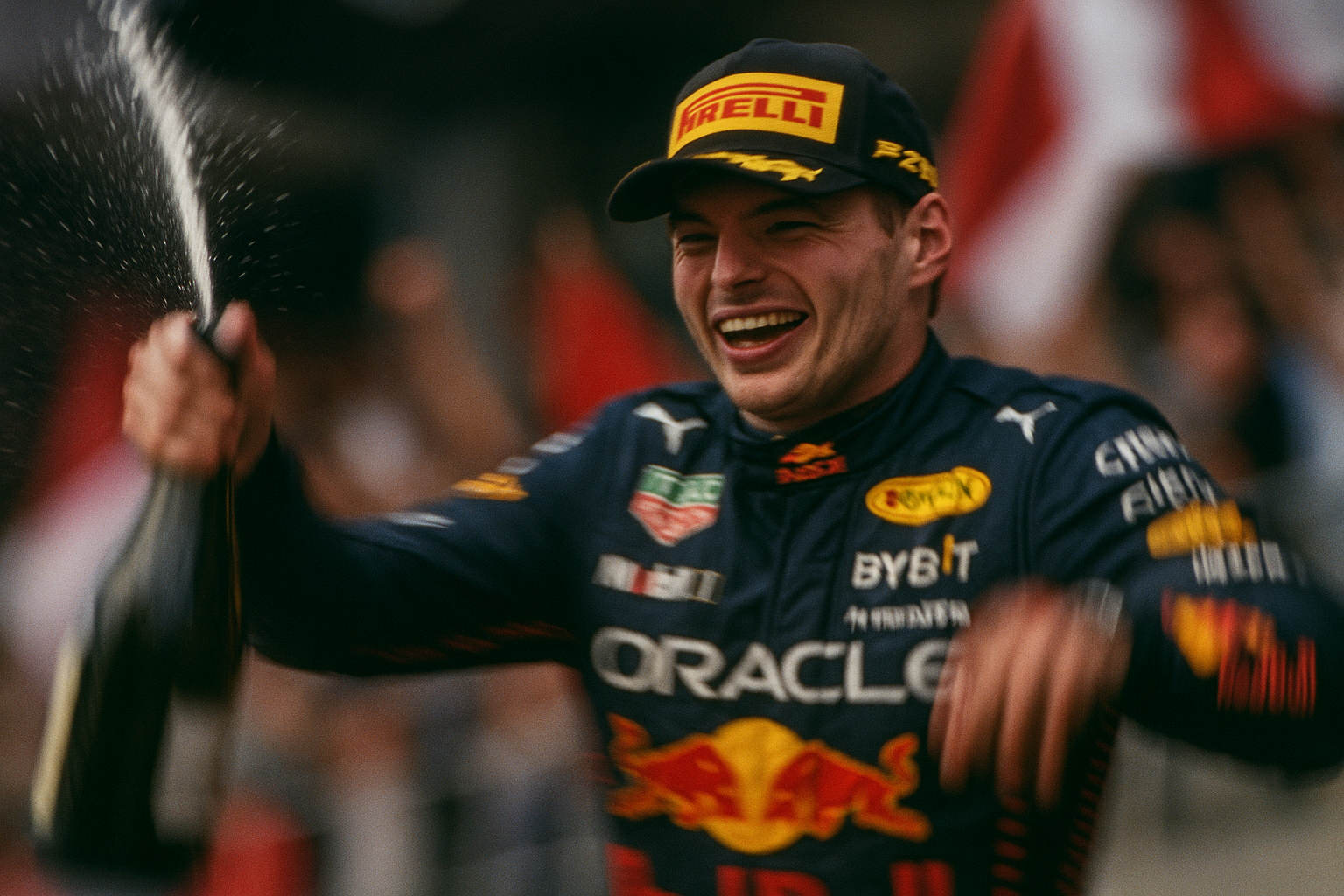
Max Verstappen's entry into Formula 1 represents one of the most remarkable stories in modern motorsport history.
The young Dutchman's journey to the pinnacle of racing began when he made his F1 debut with Scuderia Toro Rosso at the 2015 Australian Grand Prix. He became the youngest driver ever to compete in a Formula One race at just 17 years old.
This historic moment marked the beginning of what would become one of the most successful careers in recent F1 history.
The significance of Max Verstappen's entry into Formula 1 extends far beyond his age record. As the son of former F1 driver Jos Verstappen, Max carried the weight of the family legacy whilst forging his own path in the sport.
His rapid ascension from karting prodigy to F1 champion showcases natural talent that is a true joy to watch.
When Exactly Did Max Verstappen Make His Formula 1 Debut?
Max Verstappen officially entered Formula One on 15 March 2015, when he made his F1 debut with Toro Rosso at the Australian Grand Prix in Melbourne.
At 17 years, 166 days old, Verstappen became the youngest person ever to start an F1 race.
The young Dutchman qualified 12th on the grid for his race debut, demonstrating remarkable composure for someone making their first appearance in the world's premier motorsport series.
Despite retiring from the race due to an engine failure, Max made an immediate impression on the Formula One paddock with his mature driving style and fearless approach.
The Path to Toro Rosso
Max Verstappen's journey to his debut with Scuderia Toro Rosso began with his exceptional performances in junior single-seater categories. The Red Bull Junior Team had been monitoring his progress closely, particularly after his dominant displays in European Formula 3.
His connection to Formula 1 through his father, Jos, who had competed for multiple teams, provided valuable insight into the demands of top-level motorsport.
The decision to promote Max Verstappen directly to Formula One without completing a full season in GP2 (now Formula 2) was controversial at the time. However, Red Bull Racing and their junior team, Toro Rosso, saw exceptional potential in the young driver.
Team principals at both organisations recognised that Max Verstappen possessed the rare combination of raw speed, racecraft, and mental maturity necessary to succeed at the highest level.
Breaking Age Barriers in F1
When Max Verstappen took to the grid for his F1 debut, he shattered preconceptions about age and experience in Formula One.
The previous youngest F1 starter, Jaime Alguersuari, had been 19 years old when he made his debut, making Verstappen's record seem almost impossible to break.
This achievement highlighted the changing landscape of driver development in Formula 1, where talented youngsters were being fast-tracked through the ranks more rapidly than ever before.
How Did Max Verstappen Earn His Place in Formula 1?
The story of how Max Verstappen earned his Formula One seat is one of great genetics and determination.
As the son of Jos Verstappen, who competed in F1 for seven seasons and achieved two podium finishes, Max was exposed to the world of motorsport from an early age.
However, family connections alone cannot explain his meteoric rise to Formula One.
Max Verstappen's karting career was nothing short of spectacular. He dominated various karting championships across Europe, showcasing the natural speed and competitive instinct that would later make him a world champion.
His transition to single-seater racing was equally impressive, with standout performances in Formula 3 that caught the attention of numerous Formula One teams.
Red Bull's Investment in Young Talent
The Red Bull Junior Team has a long history of identifying and developing young talent for Formula One. Their decision to invest in Max Verstappen proved to be one of their most successful talent acquisitions.
The programme's philosophy of promoting drivers based on talent rather than experience aligned perfectly with Max's exceptional abilities.
The Decision to Skip GP2
One of the most controversial aspects of Max Verstappen's promotion to Formula One was the decision to skip GP2 entirely.
Traditional pathways to F1 require drivers to prove themselves in the sport's primary feeder series. However, Red Bull Racing and Toro Rosso management believed that Max's exceptional performances in Formula 3 demonstrated sufficient readiness for Formula One.
This decision proved prescient when Max Verstappen immediately showed a competitive pace in F1 machinery. His ability to adapt quickly to the complex hybrid power units and sophisticated aerodynamics of modern Formula 1 cars validated Red Bull's faith in his abilities.
What Happened After Max Verstappen's F1 Debut?
Following his F1 debut at the 2015 Australian Grand Prix, Max Verstappen quickly established himself as one of the most promising young drivers in Formula One. His first full season with Scuderia Toro Rosso in 2015 included several impressive performances that hinted at his future potential.
The young Dutchman scored his first Formula One points at the Malaysian Grand Prix and continued to improve throughout the campaign.
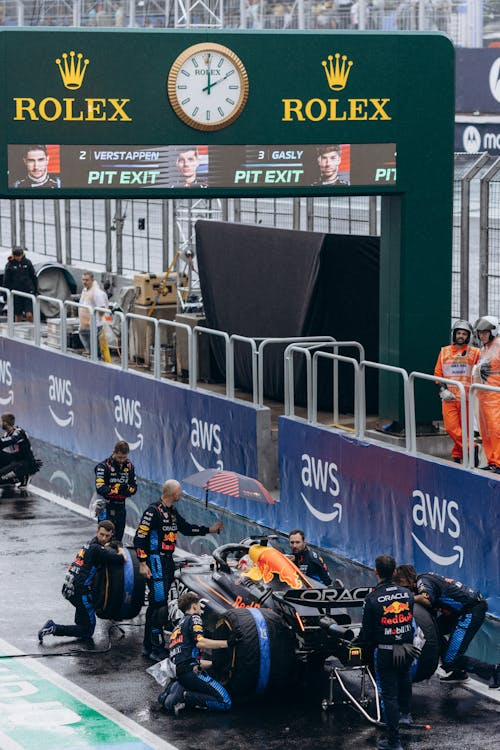
The 2016 season brought a dramatic change in Max Verstappen's Formula One career. Just four races into the season, Red Bull Racing made the bold decision to promote him to their main team, swapping places with Daniil Kvyat.
This promotion made him the youngest driver ever to compete for Red Bull Racing and set the stage for his first victory in Formula One.
The Historic First Victory
Max Verstappen's first victory came at the 2016 Spanish Grand Prix, where he became the youngest race winner in Formula One history at 18 years and 228 days old.
This triumph at the Circuit de Barcelona-Catalunya came in his debut race for Red Bull Racing. The victory showcased his ability to handle pressure and deliver when given competitive machinery.
The Spanish Grand Prix victory also demonstrated Max Verstappen's racecraft abilities. His strategic tyre management and aggressive but calculated overtaking moves throughout the race impressed Formula One veterans and analysts alike.
This performance established him as a legitimate contender for future championships and validated Red Bull's decision to promote him mid-season.
Rise to Championship Contention
Max Verstappen's development continued through subsequent seasons with Red Bull Racing. He accumulated multiple Grand Prix victories and podium finishes whilst learning from more experienced teammates and adapting to the evolving technical regulations in Formula One.
His battles with established stars like Lewis Hamilton and Mercedes drivers provided valuable experience in championship-level competition.
The turning point came in 2021 when Max Verstappen finally had machinery capable of challenging for the world championship. That season saw an epic battle between Hamilton and Verstappen that went down to the final race in Abu Dhabi.
Under the guidance of race director Michael Masi, the controversial final lap of the season saw Max Verstappen overtake Lewis Hamilton to claim his first Formula One World Champion title.
Dominance and Record-Breaking Achievements
Following his 2021 championship triumph, Max Verstappen established himself as one of the greatest drivers in Formula One history.
The 2022 and 2023 seasons saw the Red Bull driver achieve unprecedented levels of dominance, setting records for most wins in a season with 15 wins in 2022 and breaking numerous other F1 records.
His partnership with Oracle Red Bull Racing reached new heights during this period, with the team developing a car that allowed Max Verstappen to showcase his full potential. The Dutchman achieved consecutive wins and demonstrated remarkable consistency, often starting from pole position and controlling races from the first lap.
His performances at venues like Zandvoort (his home race), Monaco, Monza, and the Red Bull Ring became masterclasses in modern Formula One racing.
The 2023 season was particularly remarkable, with Max Verstappen achieving a record-breaking 10 consecutive wins during one stretch. His dominance was so complete that he often went into the summer break with championship mathematics already in his favour.
The Red Bull Racing squad built around Champion Max Verstappen became the benchmark for excellence in Formula One.
The Legacy of Max Verstappen's F1 Entry
Max Verstappen's entry into Formula 1 fundamentally changed perceptions about age and experience in motorsport's pinnacle series. His success validated the concept of promoting exceptional young talent directly to Formula One, influencing how teams approach driver development programmes.
The Red Bull Junior Team model, which facilitated Max's rise, has become the template for other organisations that seek to develop future world champions.
The impact extends beyond individual achievement to the broader Formula One landscape.
Max Verstappen's rivalry with Lewis Hamilton, particularly during their 2021 title fight, reinvigorated global interest in Formula One. Their battles at circuits like Silverstone, Monza, and Abu Dhabi demonstrated the sport at its competitive peak, with two generations of exceptional drivers pushing each other to new heights.
Max Verstappen's success also elevated the profile of Dutch motorsport. His victories at Zandvoort in front of orange-clad crowds became some of the most atmospheric events on the Formula One calendar.
As the first Dutchman to win the world championship, he inspired a new generation of drivers from the Netherlands and demonstrated that smaller nations could produce Formula One champions.
Frequently Asked Questions
How did Max Verstappen's father, Jos, influence his F1 career?
Jos Verstappen provided Max with practical guidance about F1 life. Having raced for teams like Benetton, Stewart, and Arrows, Jos understood contract negotiations, media pressures, and the technical aspects of F1 cars. He helped Max navigate junior categories and provided emotional support during the intense scrutiny that comes with being F1's youngest driver.
What made Red Bull choose Max Verstappen over other junior drivers?
Red Bull's decision was based on comprehensive data analysis from Max's karting and Formula 3 performances. His telemetry showed exceptional car control, particularly in wet conditions, and his lap time consistency matched seasoned professionals.
Additionally, psychological assessments revealed remarkable mental resilience and competitive drive that suited Red Bull's high-pressure environment.
How did Max Verstappen adapt to F1's physical demands at such a young age?
Despite being only 17, Max had been preparing for his Formula 1 debut for years. He took part in specialised fitness programmes designed for motorsport. His height advantage (being relatively short) helped with weight distribution in F1 cars, whilst his young metabolism aided recovery between races.
How did Max Verstappen's driving style evolve during his early F1 years?
Initially, Max displayed aggressive overtaking instincts from karting, which sometimes led to contact with other drivers. Under Red Bull's guidance, he learnt to balance aggression with strategic thinking, particularly in wheel-to-wheel combat. His racecraft matured significantly after working with experienced engineers who helped him understand when to attack versus when to preserve equipment for championship points.





